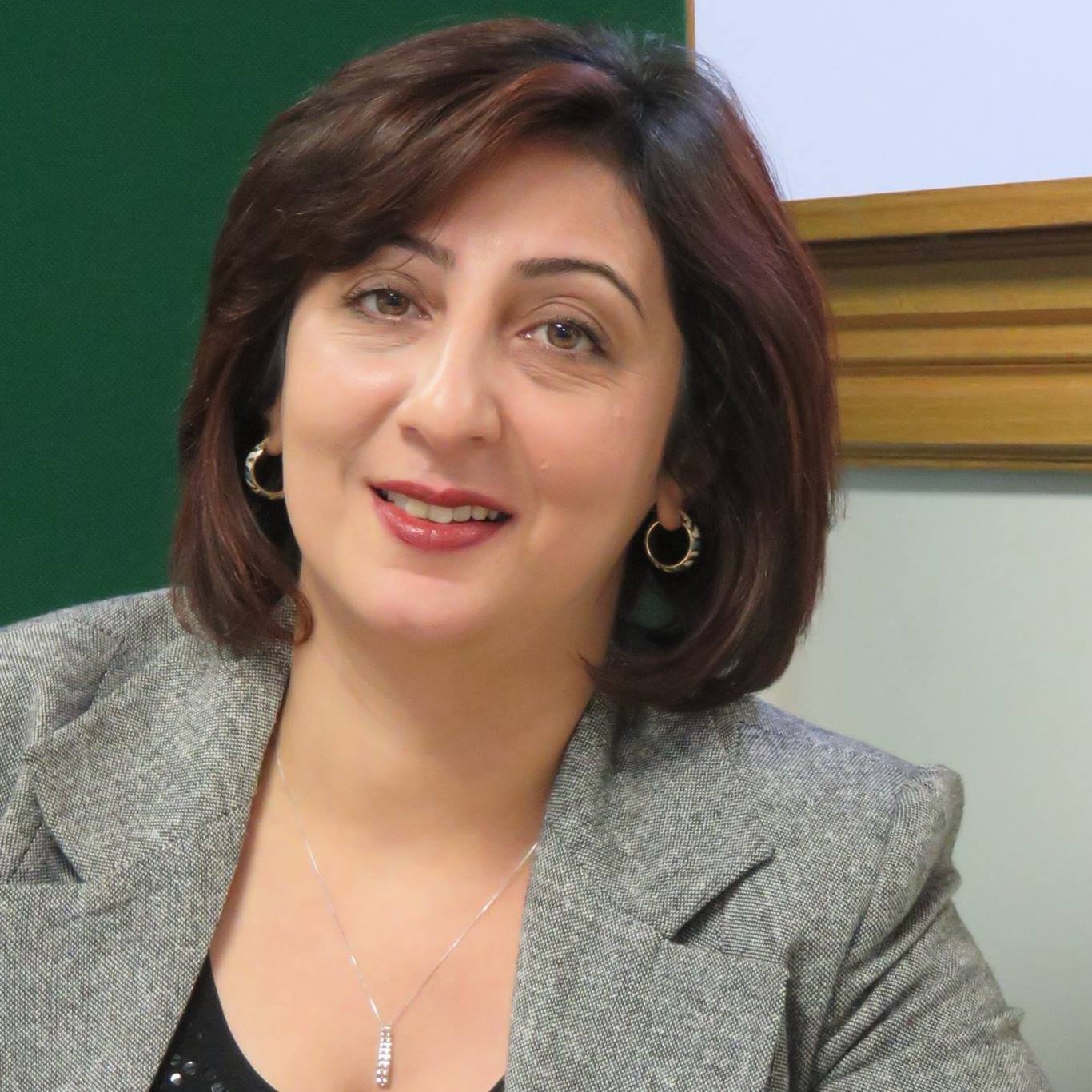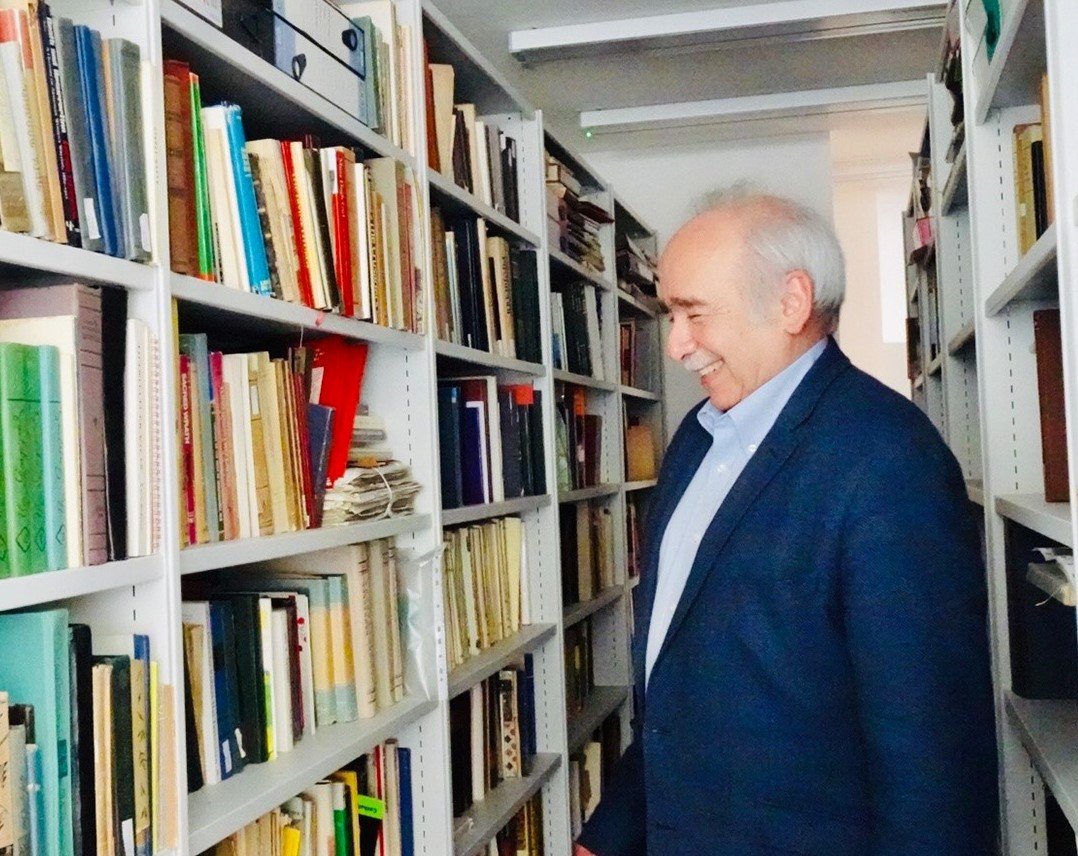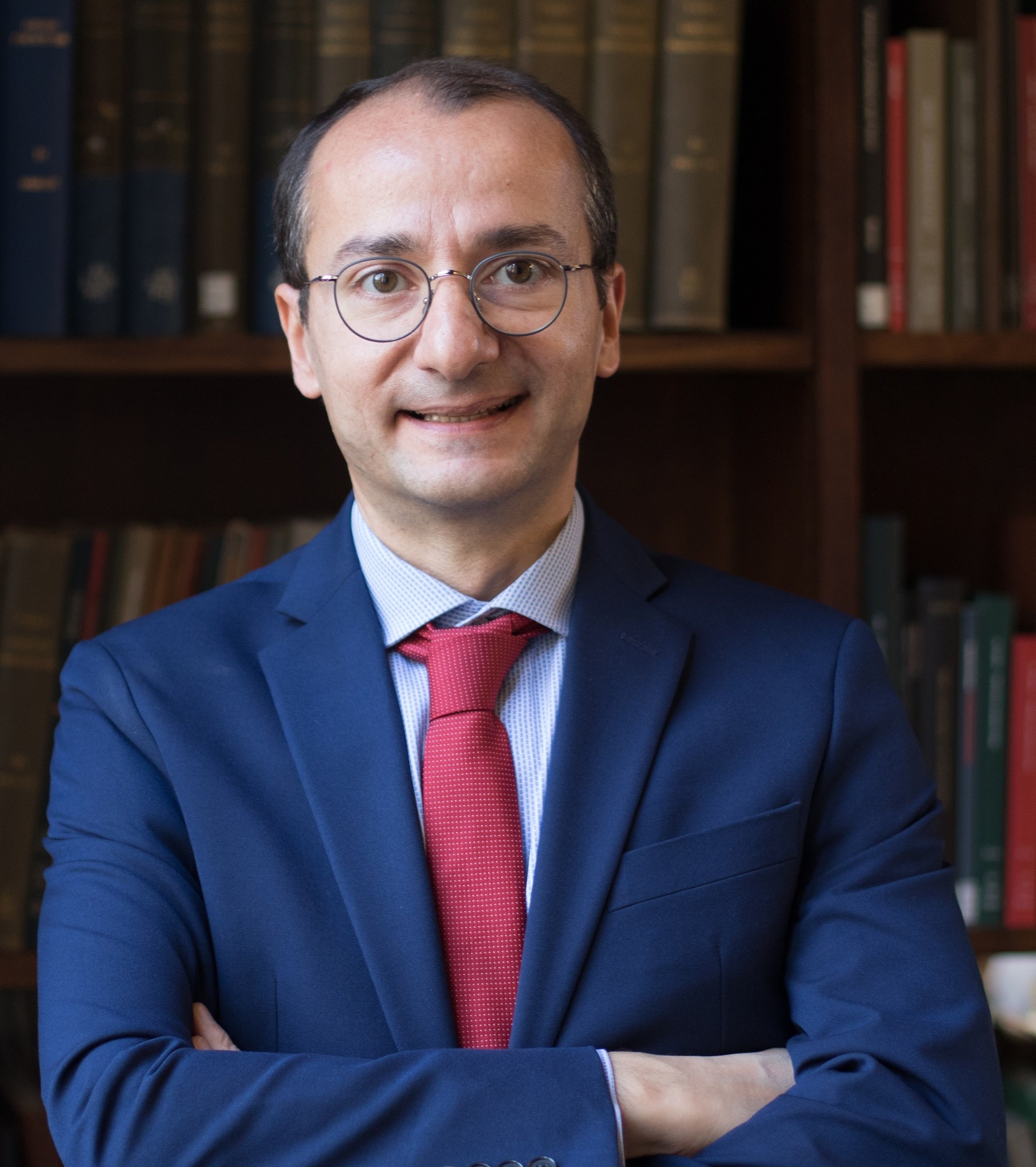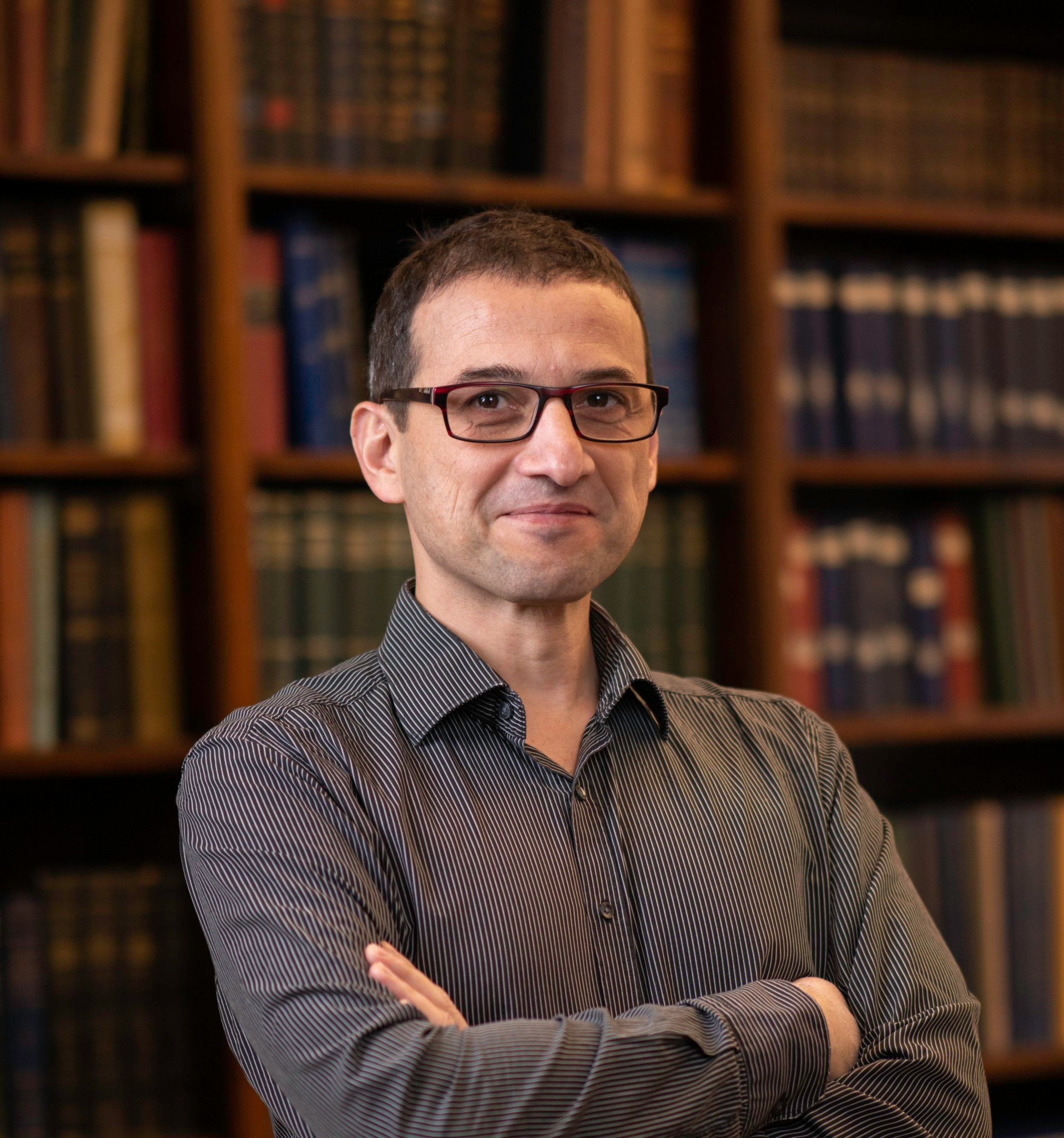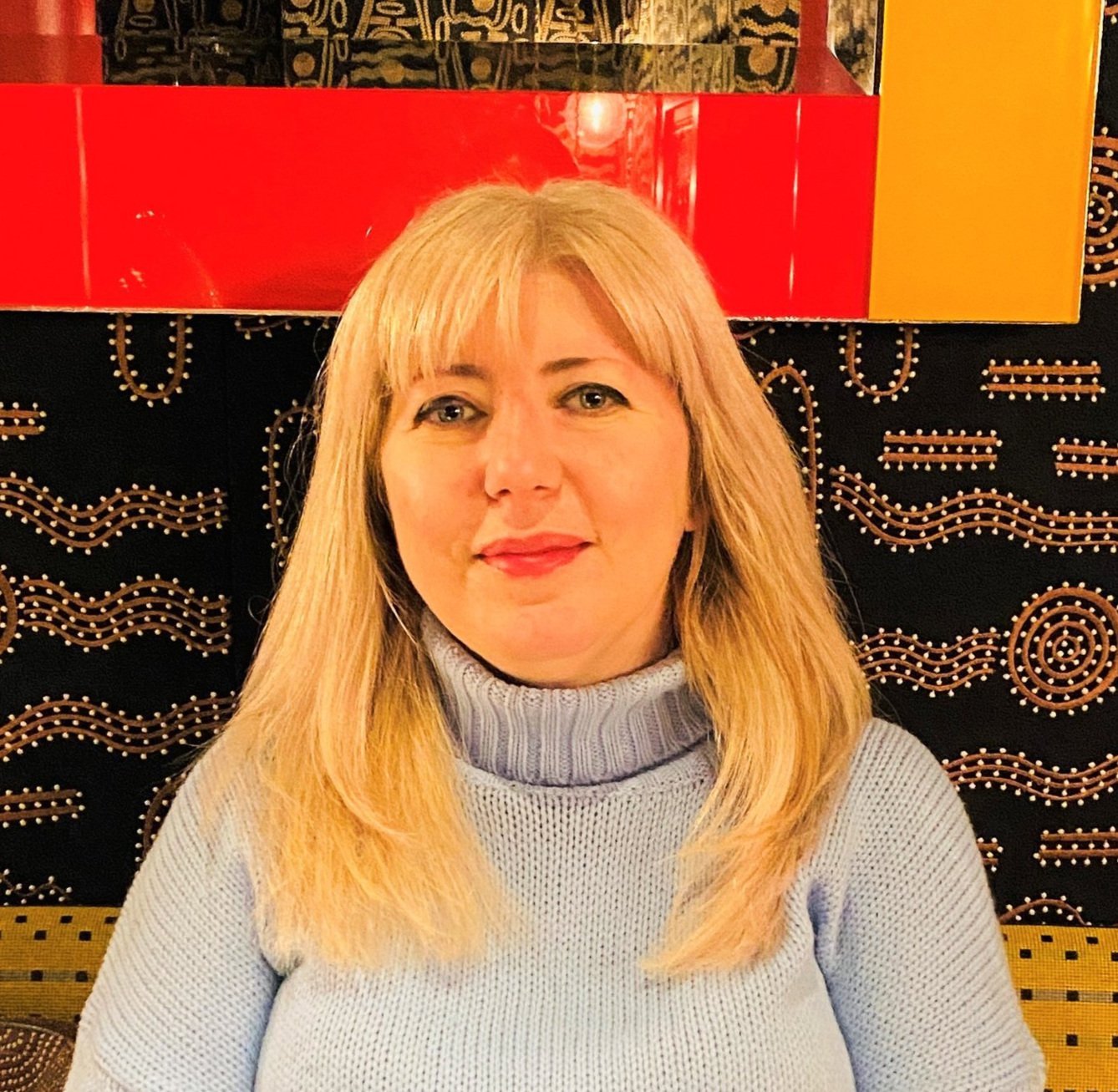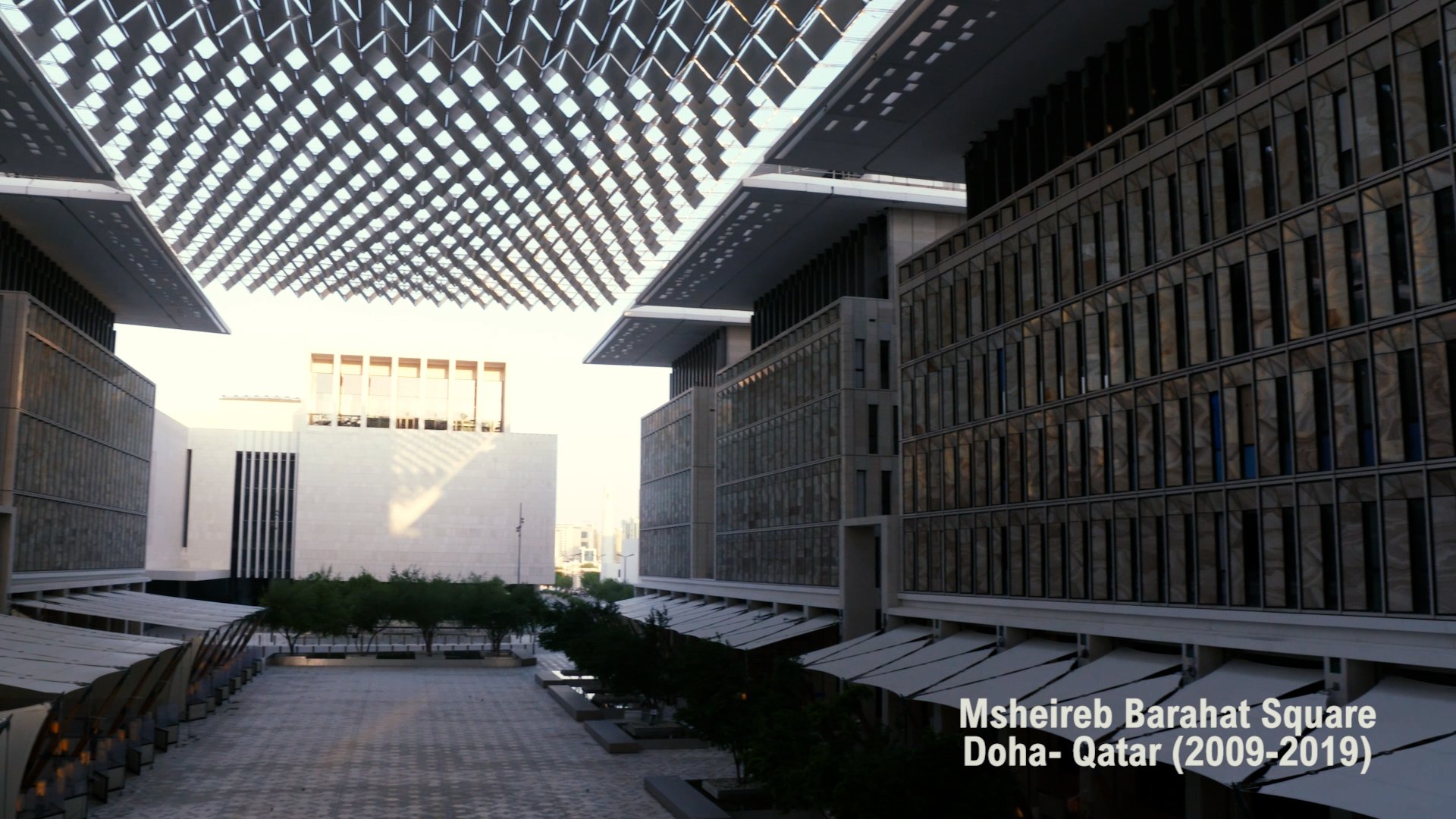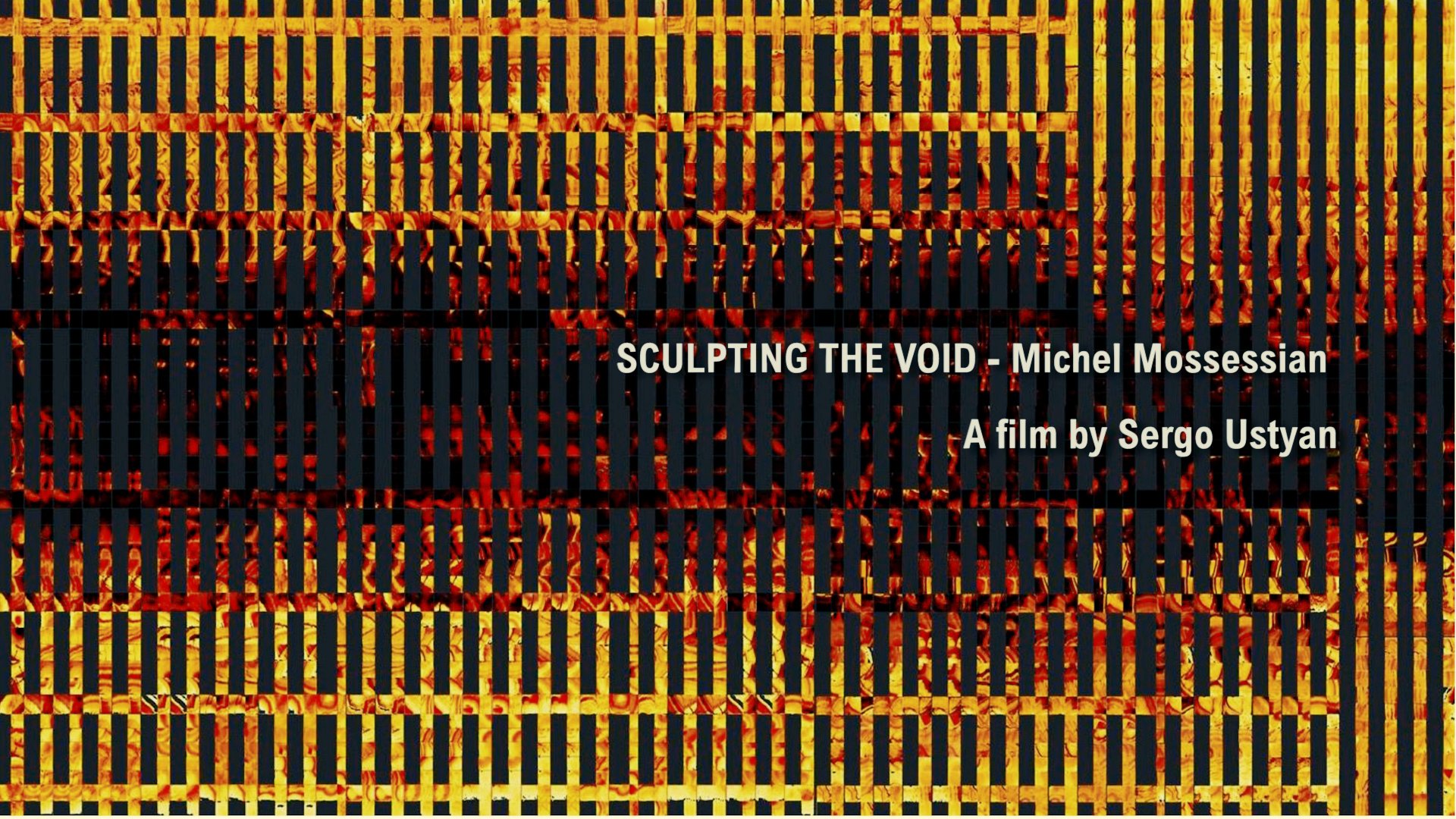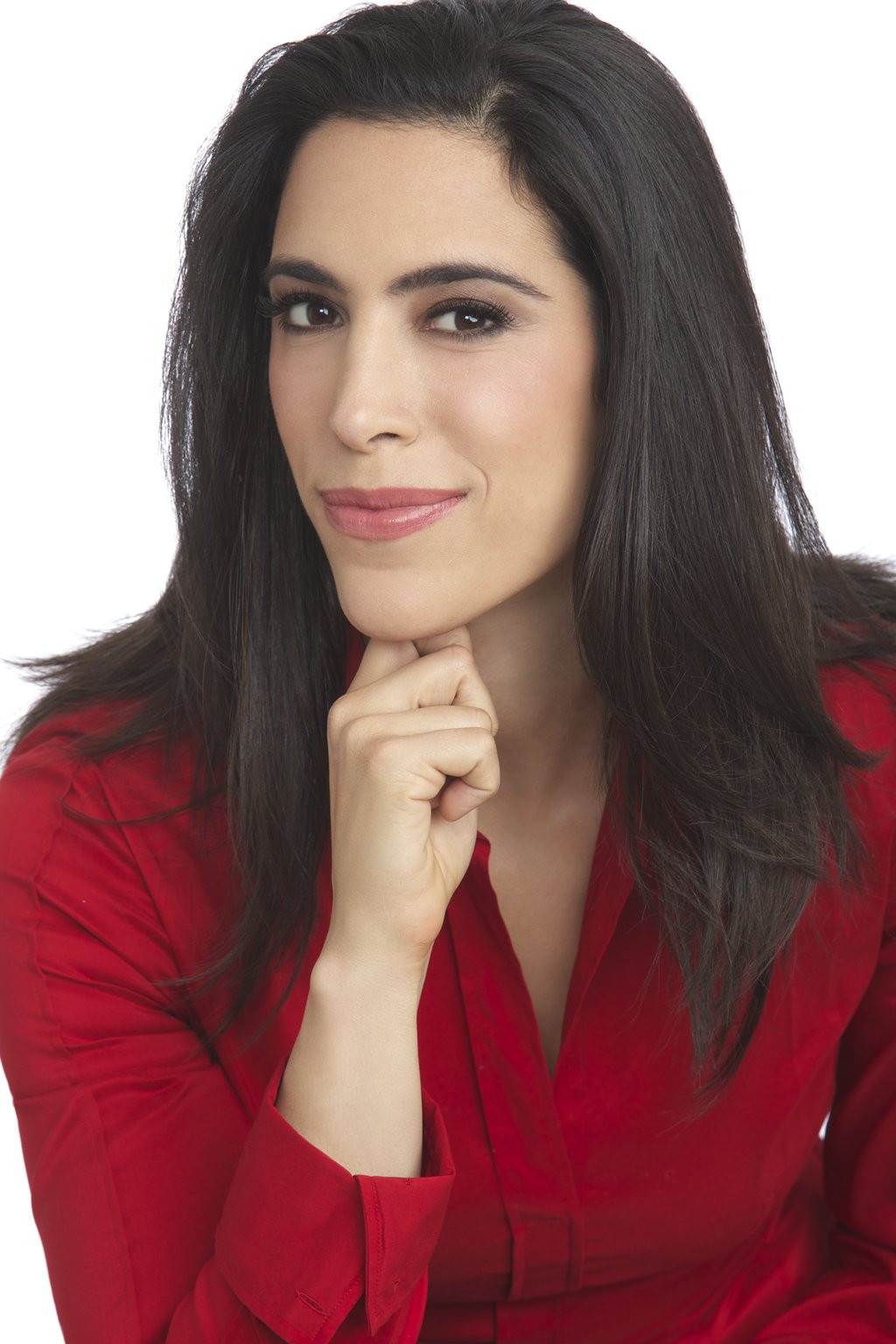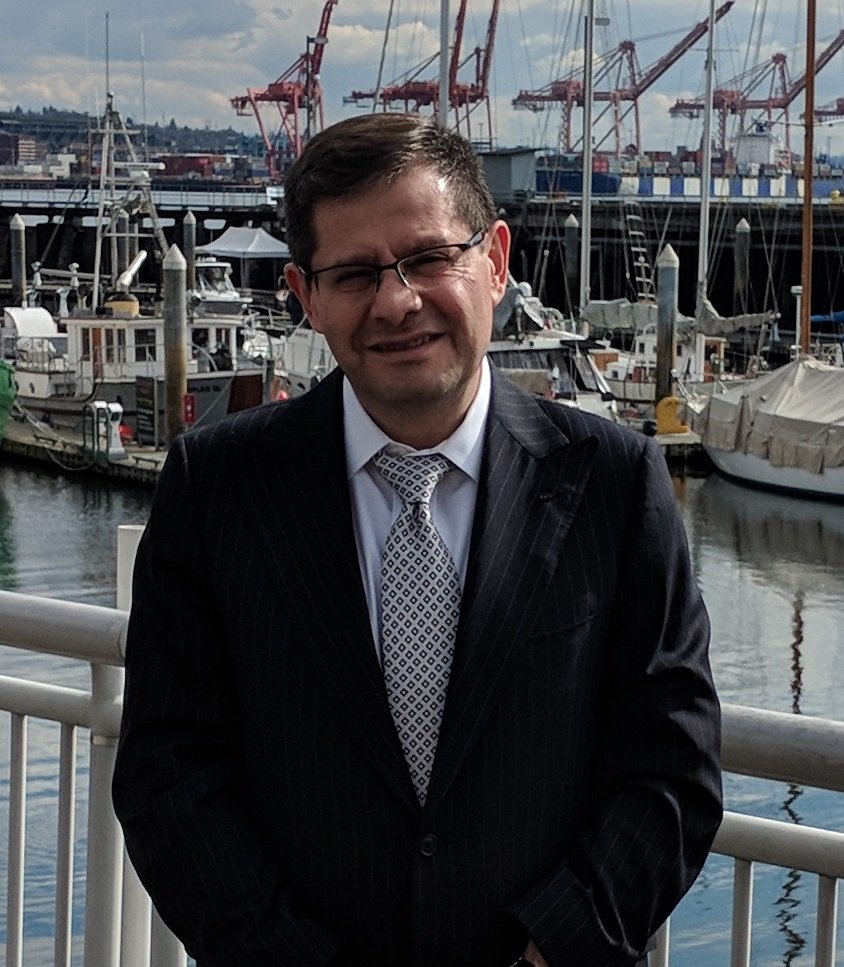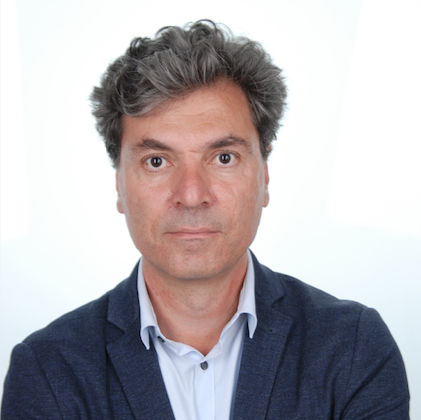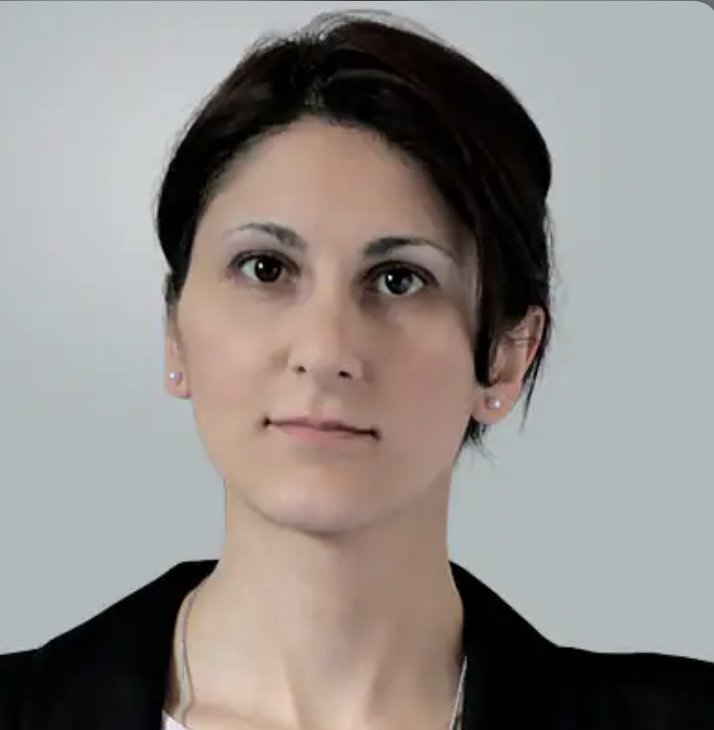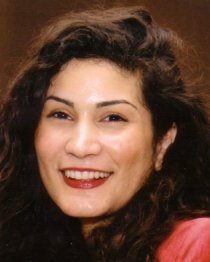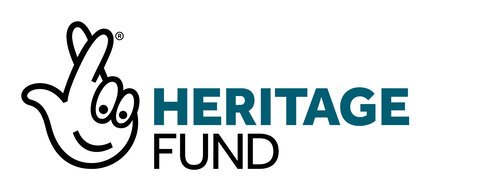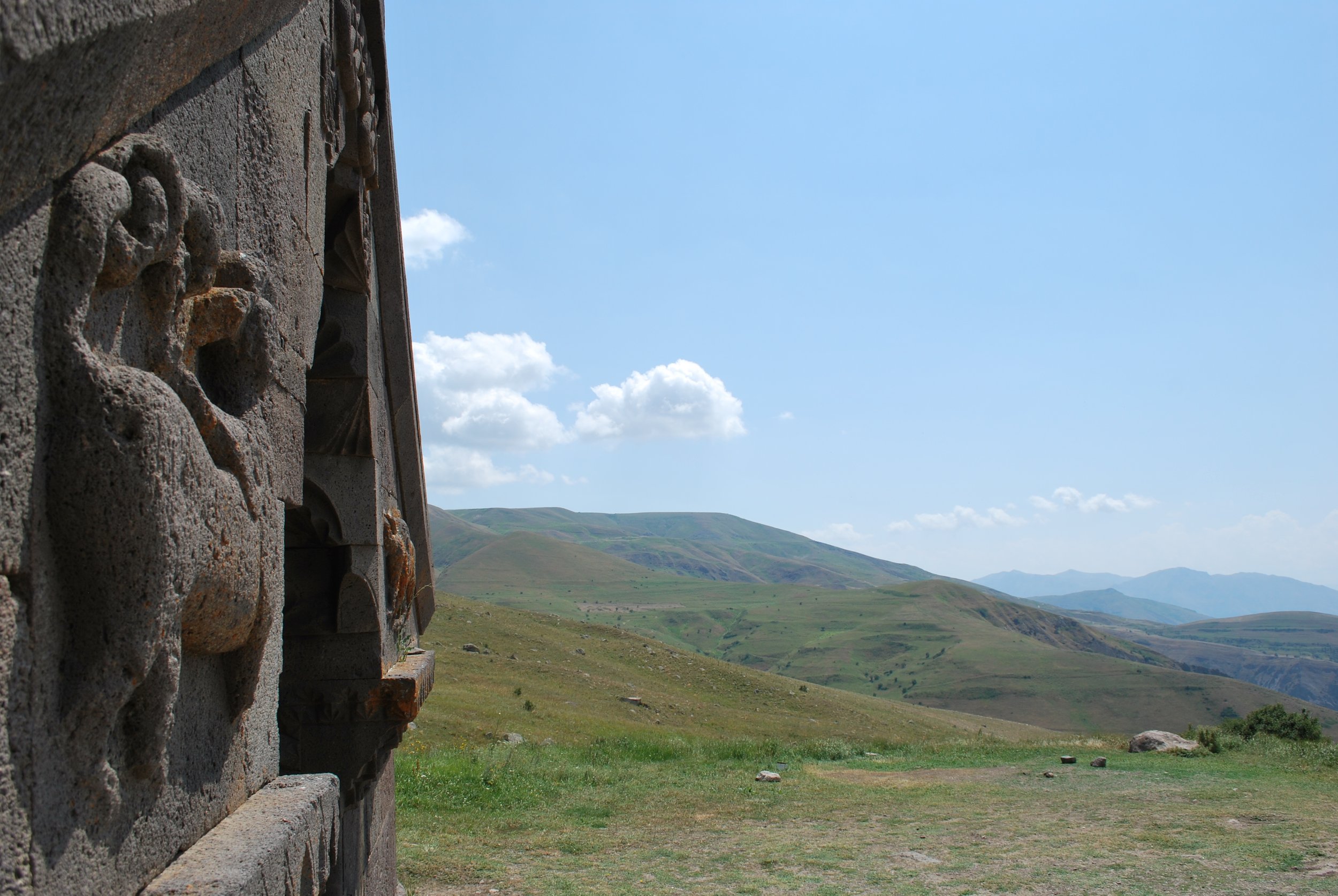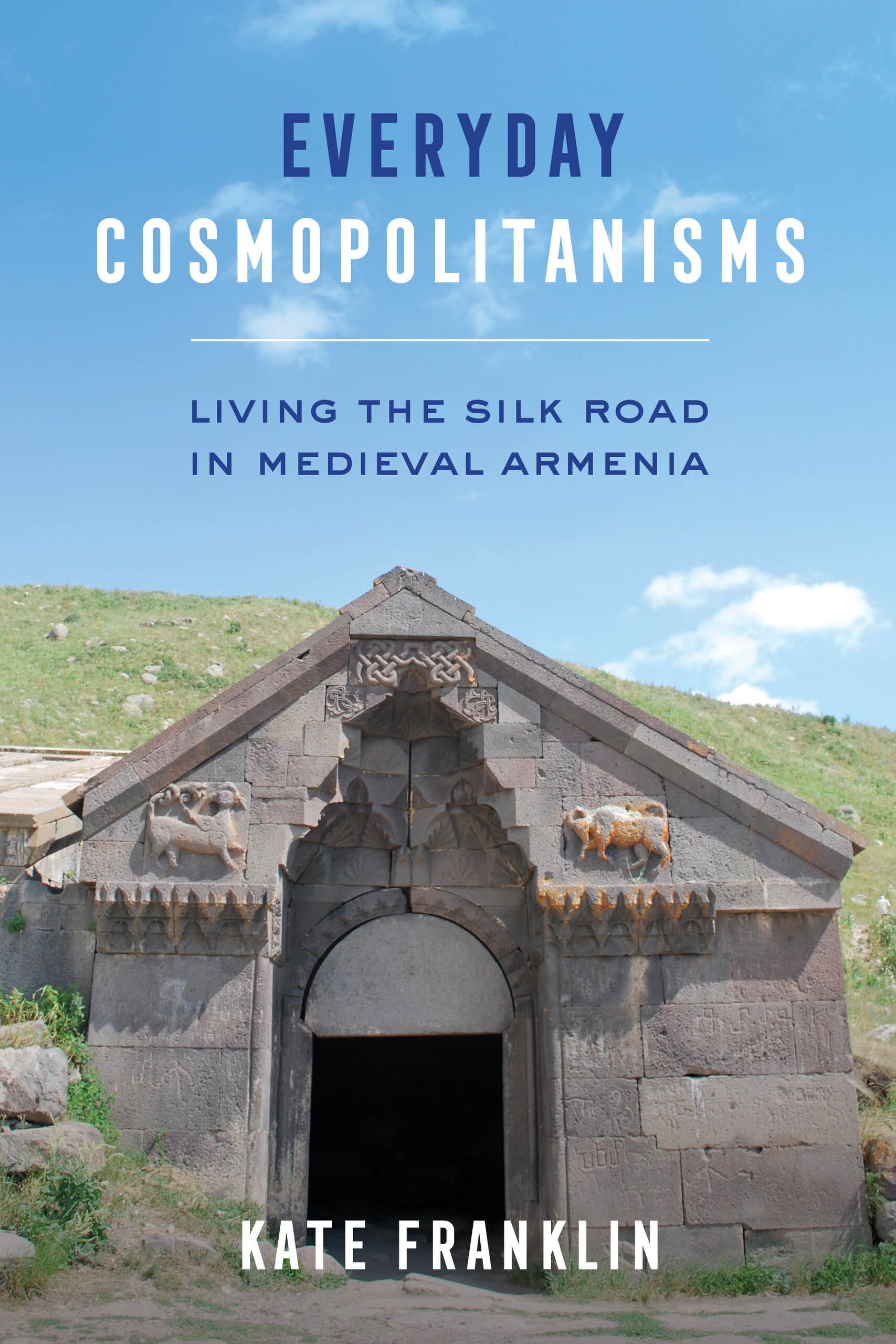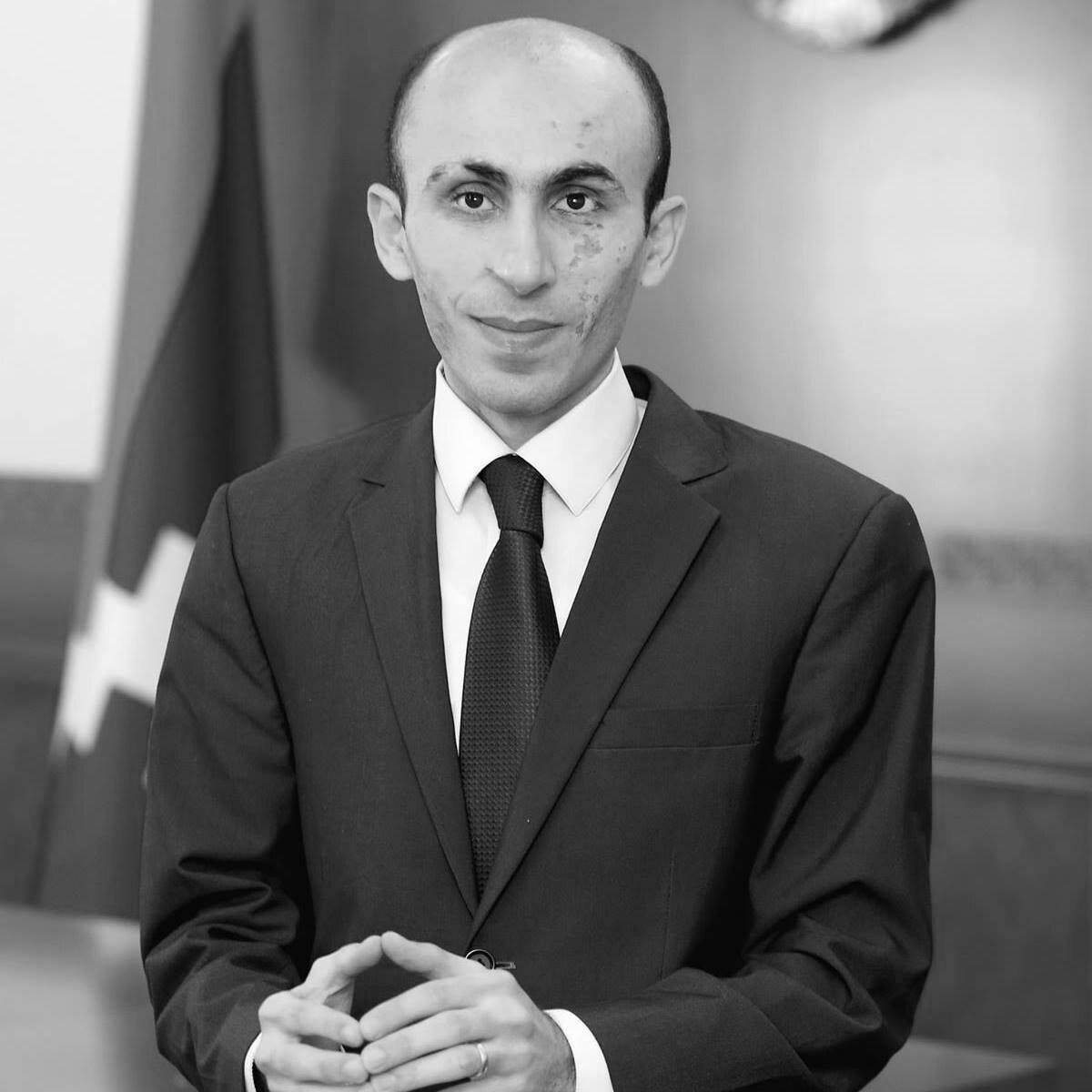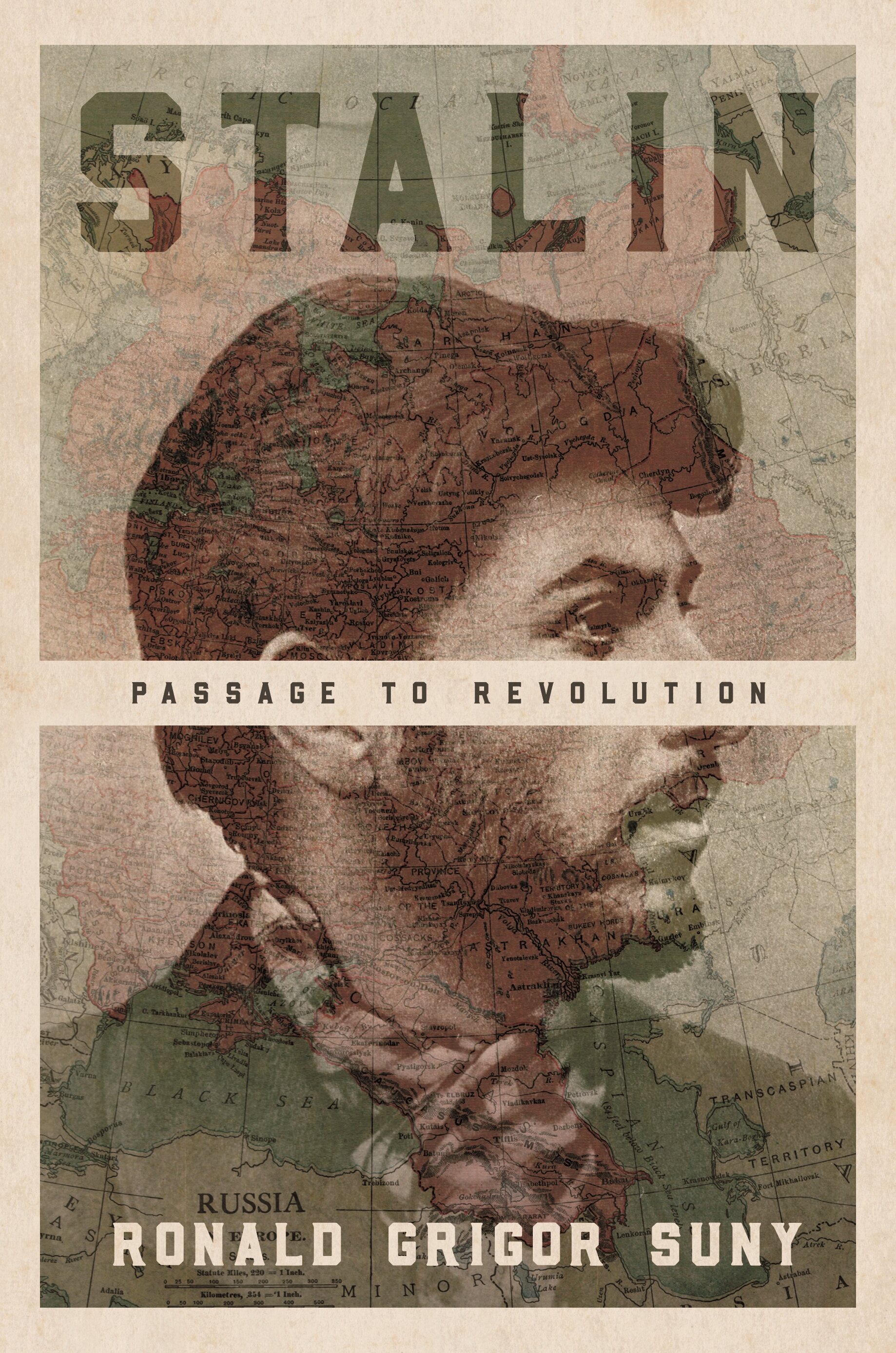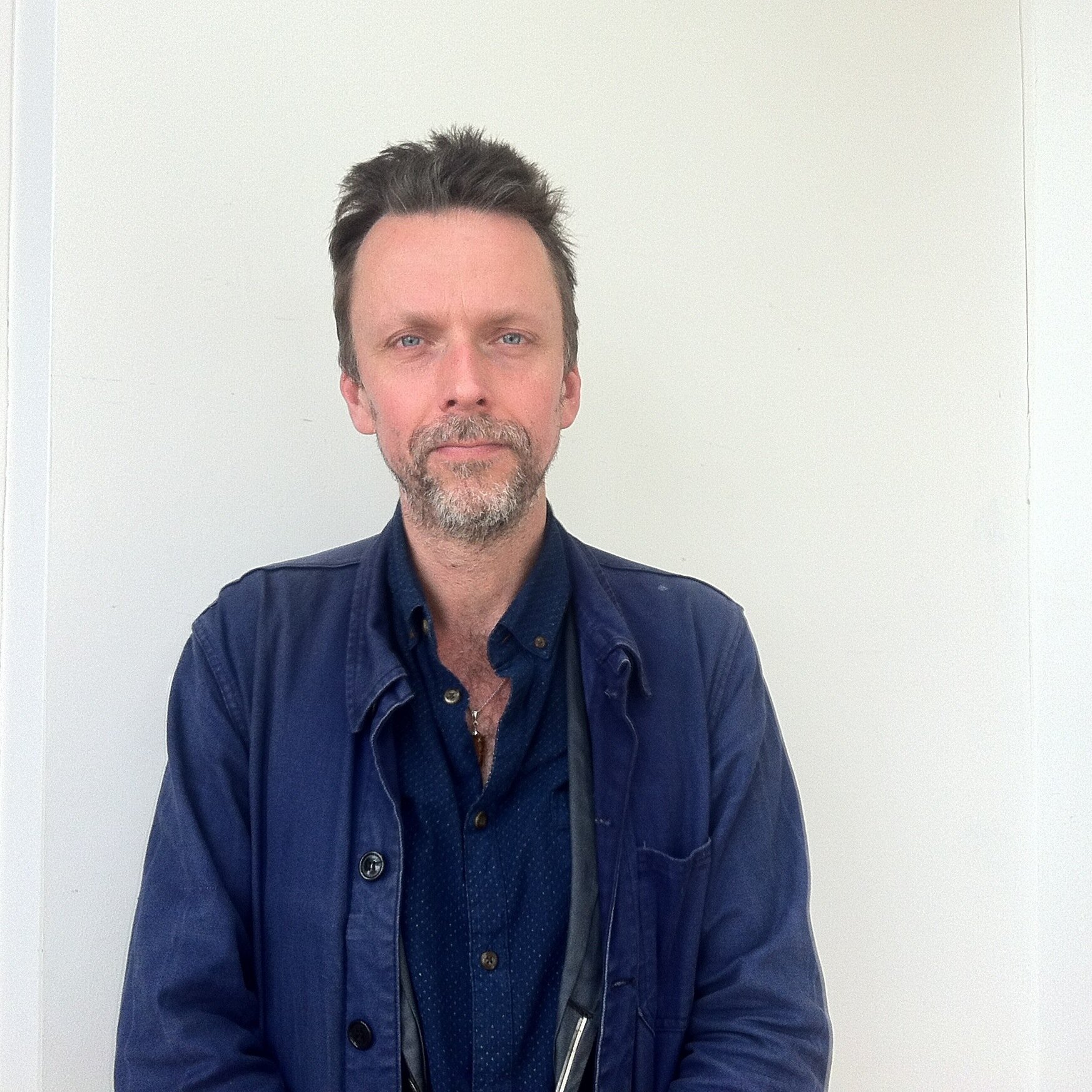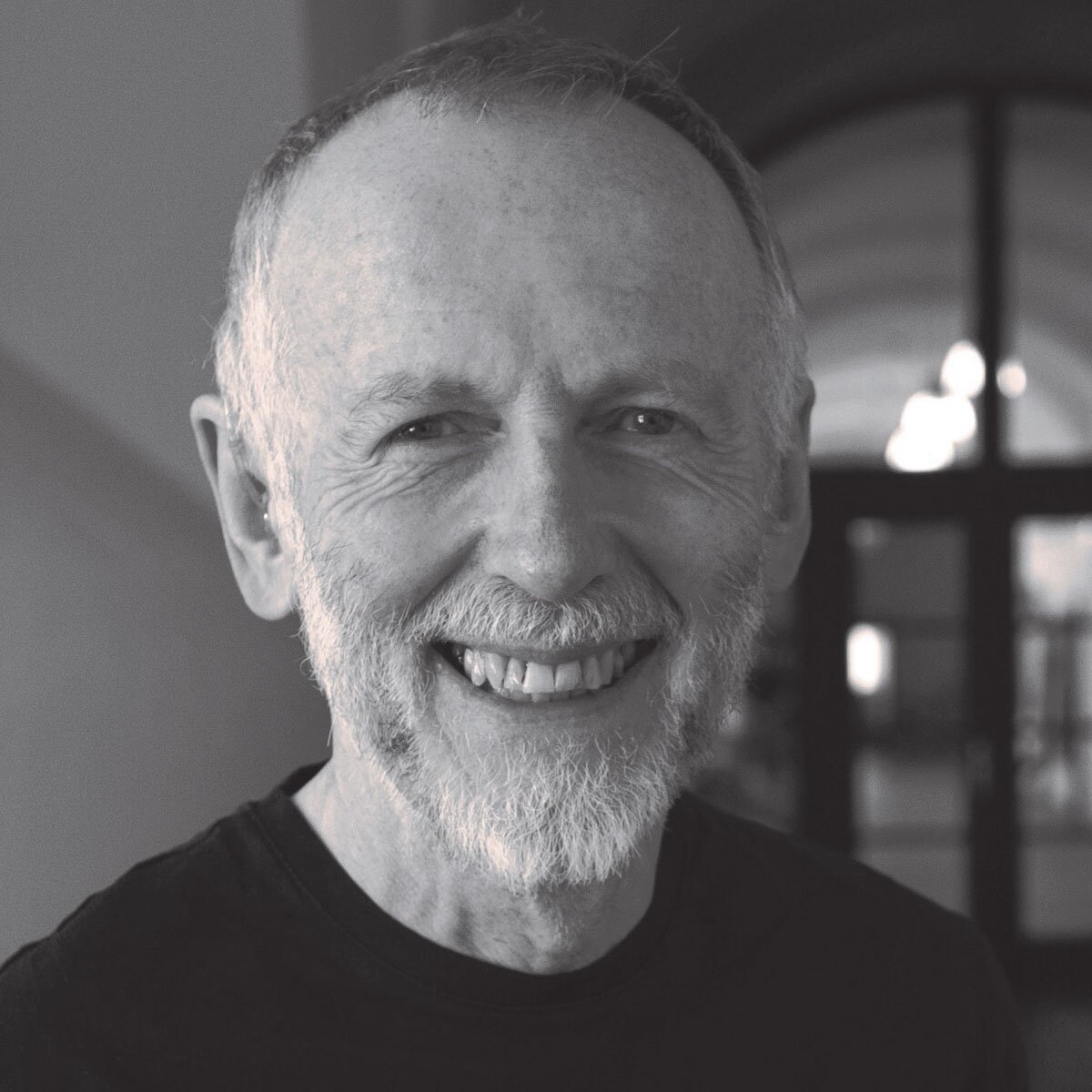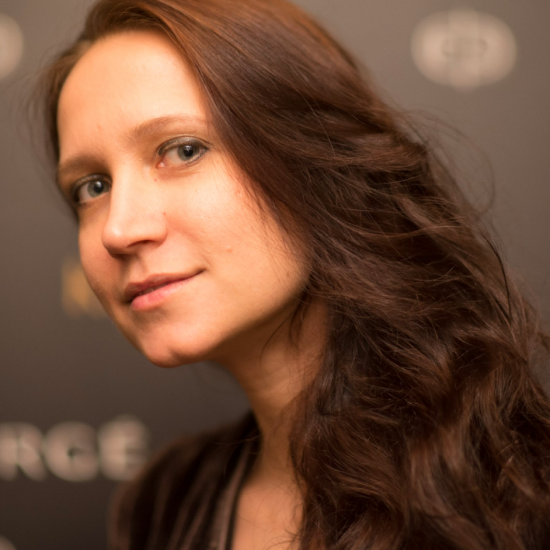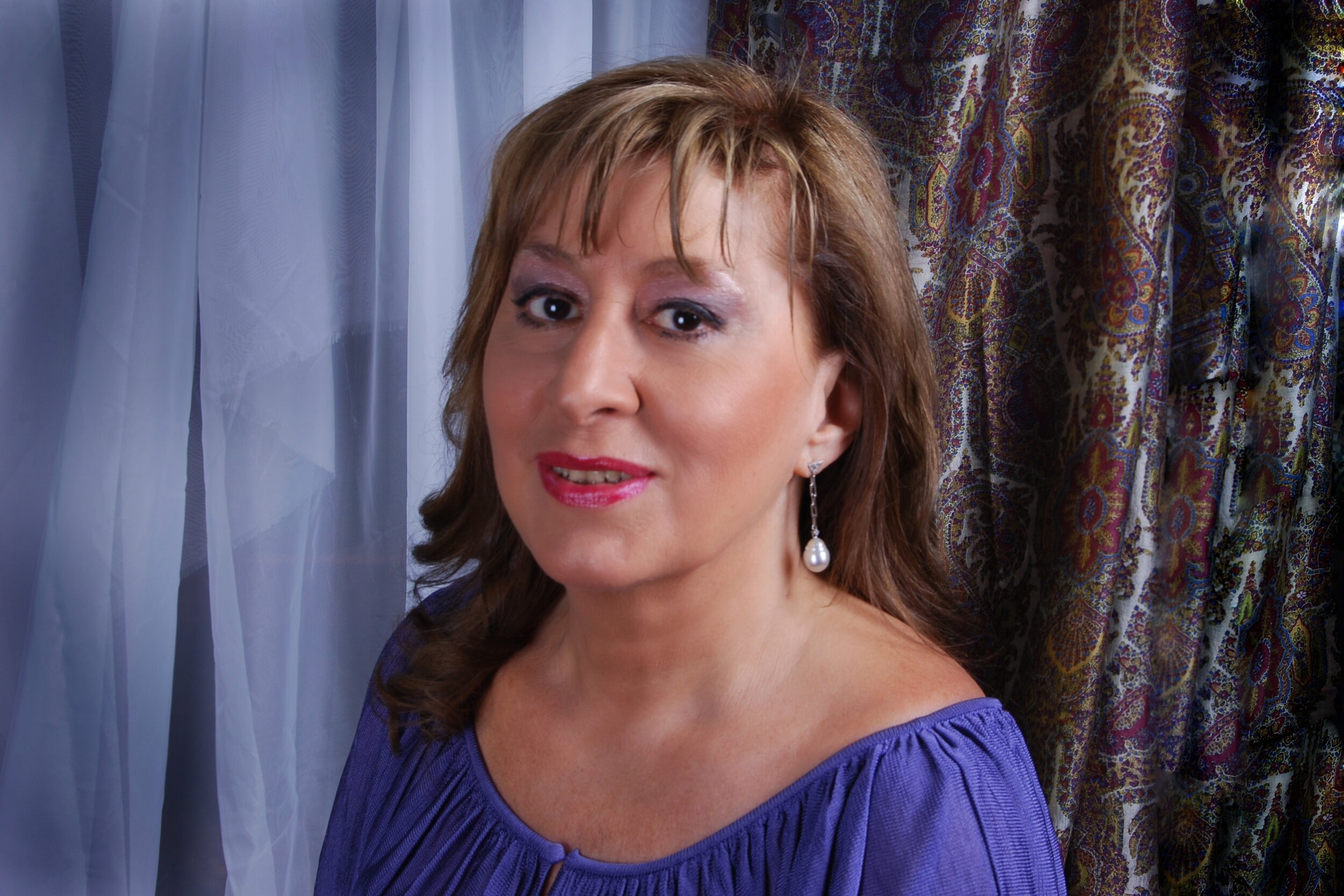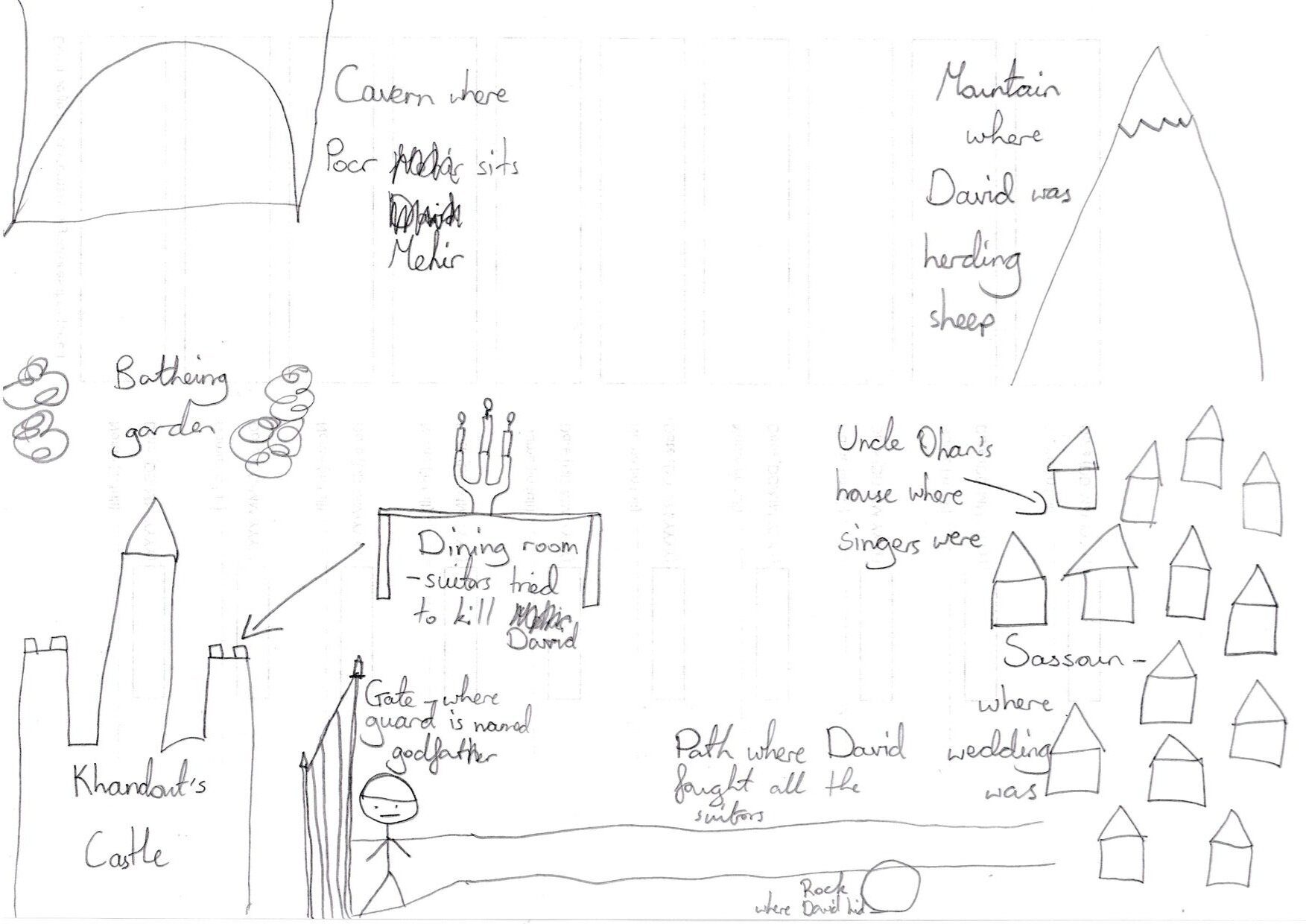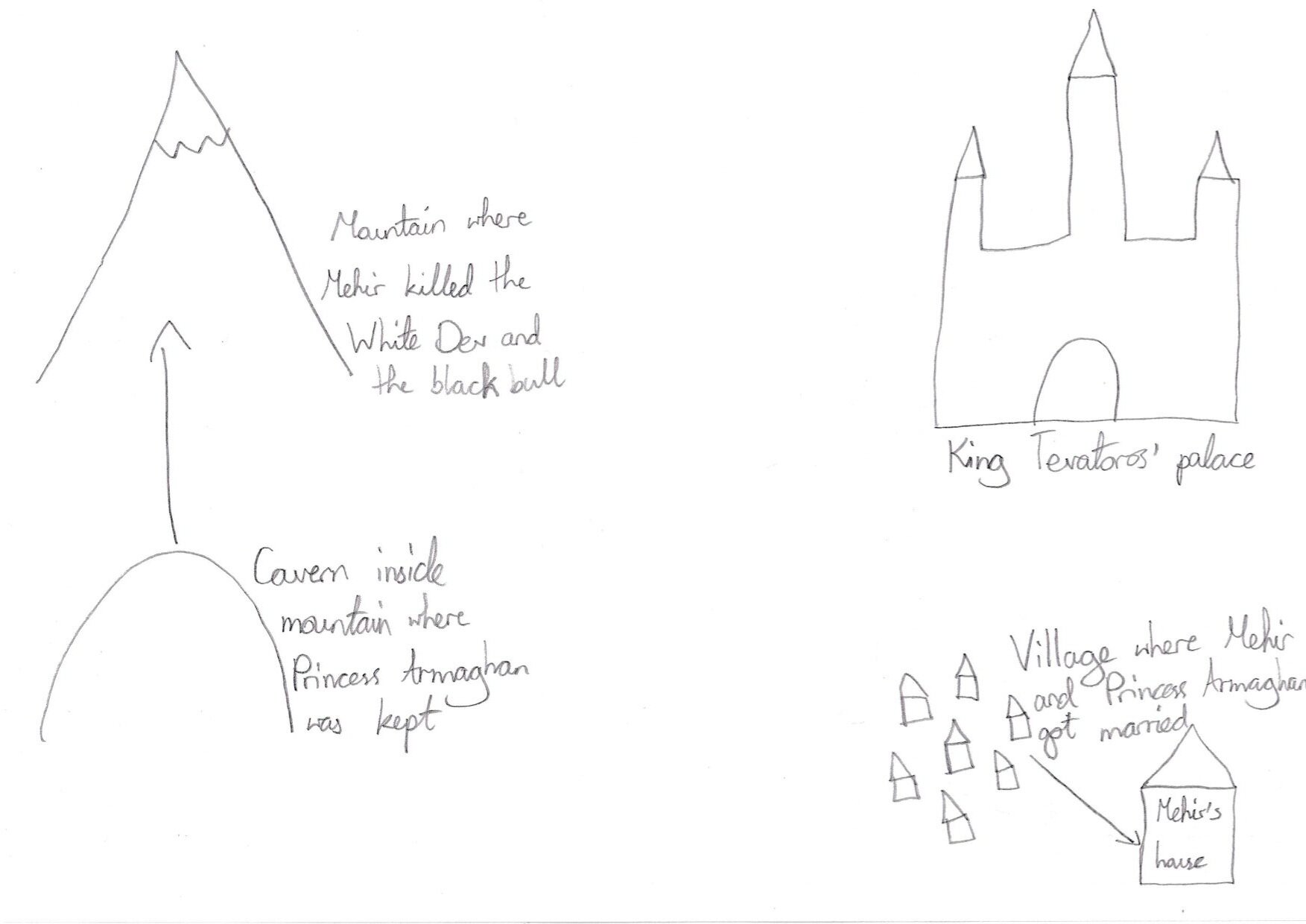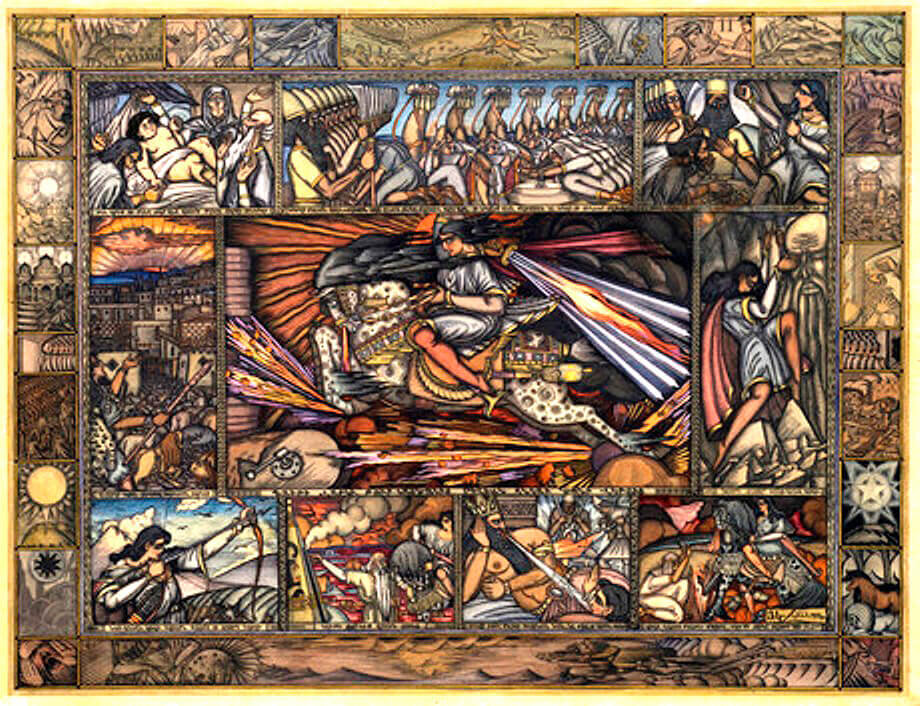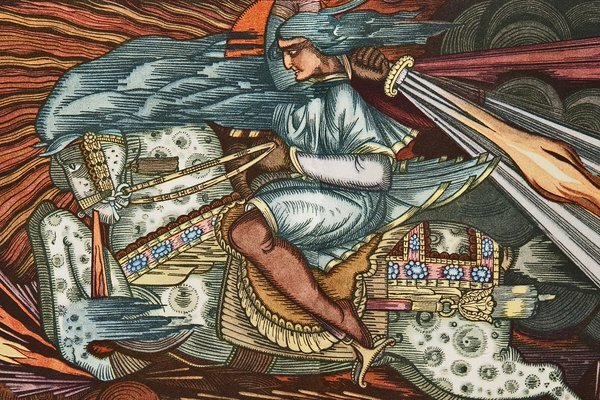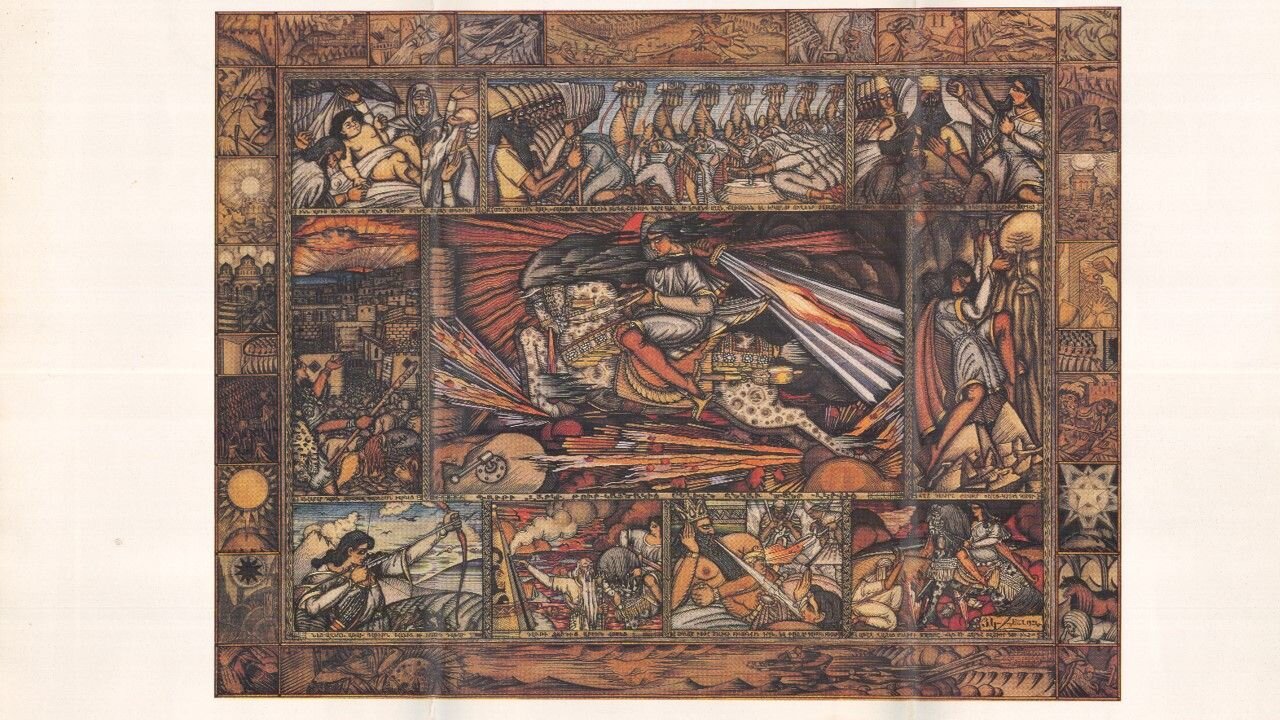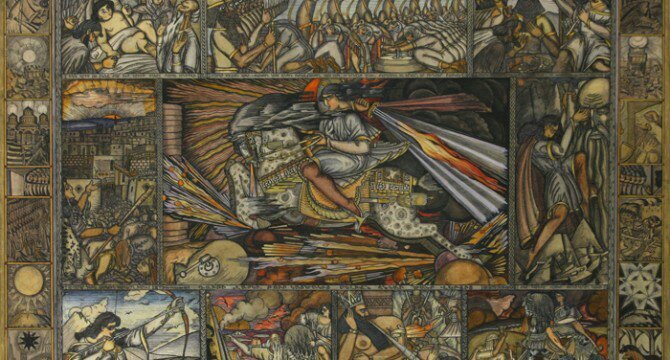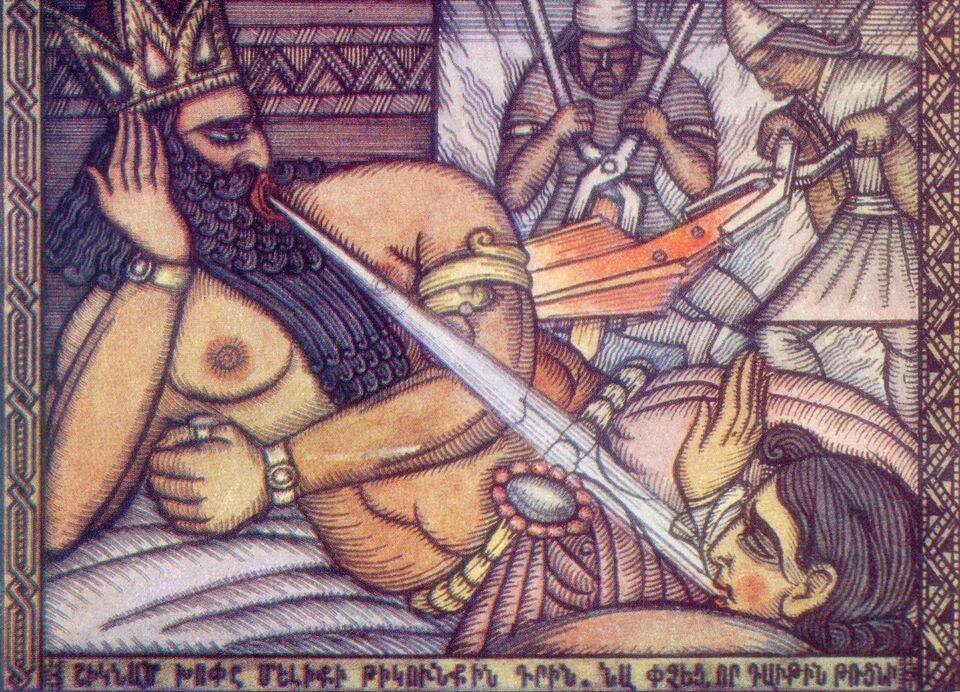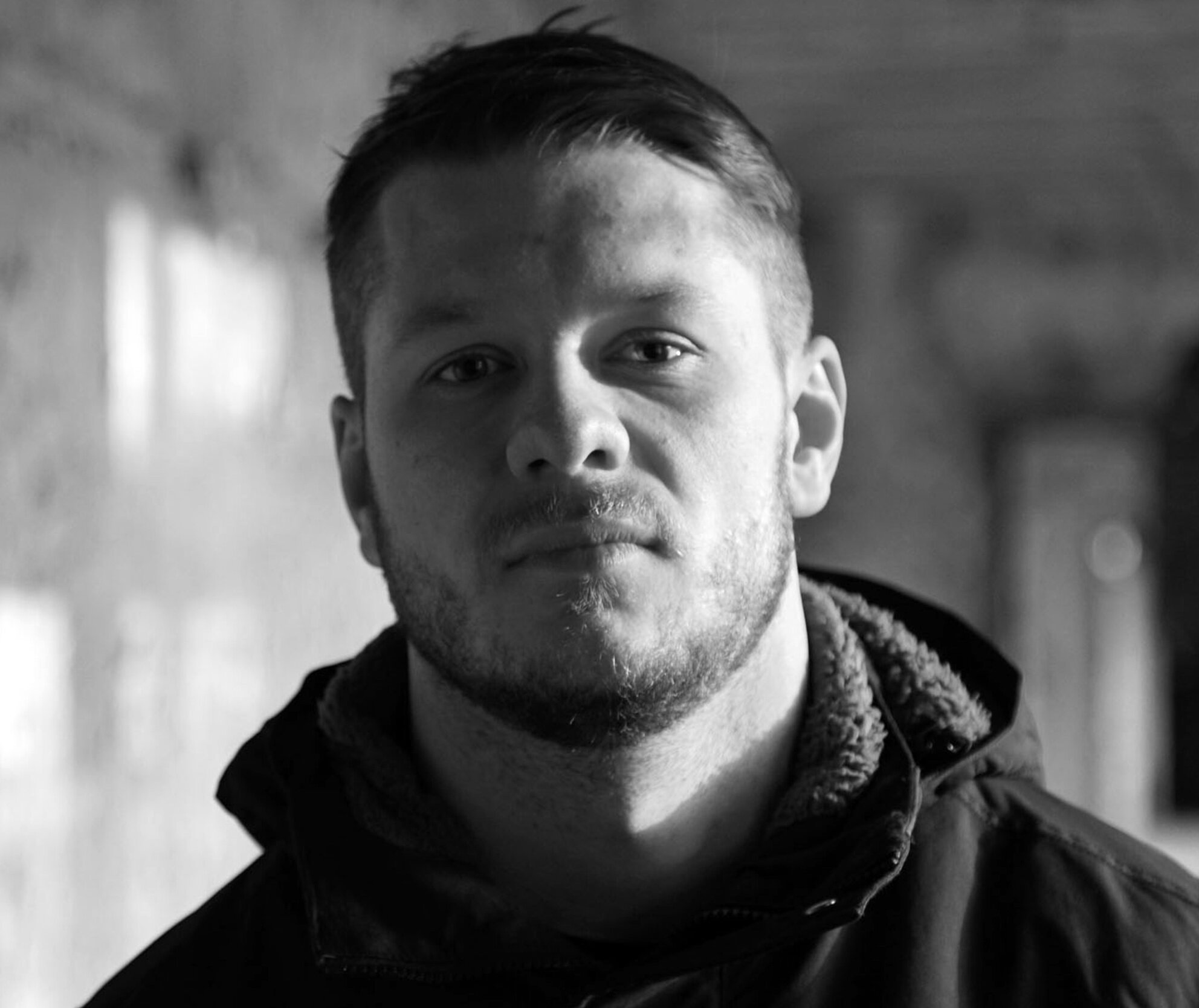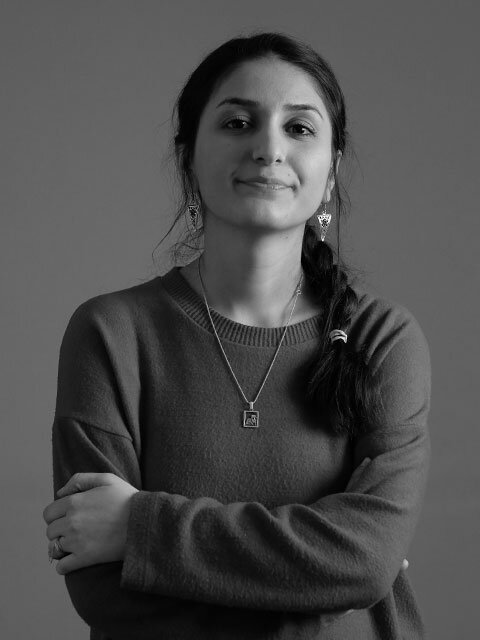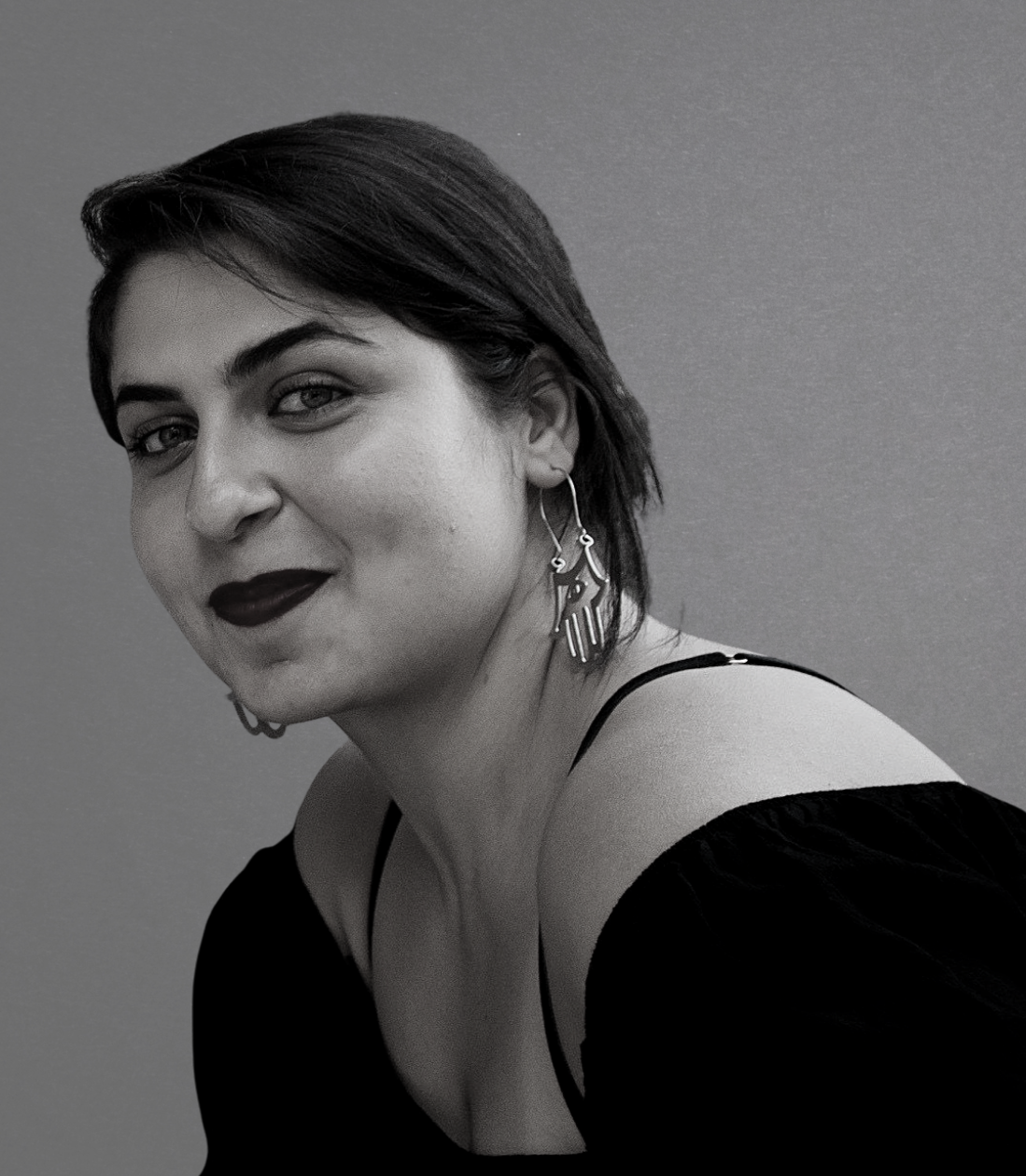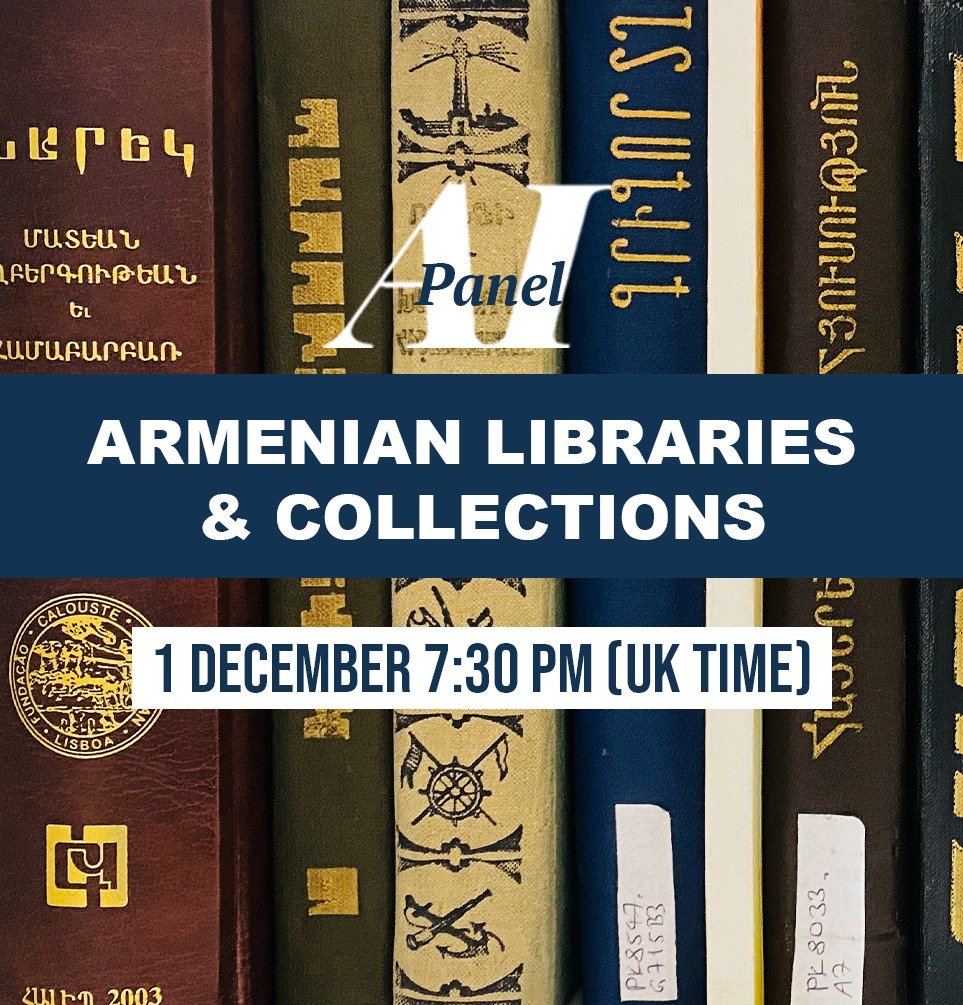
Armenian Libraries and Collections
Wednesday 1st of December, 7.30-9pm UK time
ONLINE ONLY
Gagik Stepan-Sarkissian, Armenian Institute Librarian
Ani Babaian, NAASR Library Curator
Boris Adjemian, Director of the Nubarian Library, Paris
Khatchig Mouradian, Armenian and Georgian Area Specialist at the Library of Congress
Moderated by Tatevik Ayvazyan, Director of the Armenian Institute
Join us for a special panel on Armenian libraries and collections worldwide. A part of our dedicated event programme celebrating AI's 20th anniversary, the AI library and archives have been our core pillar since our founding two decades ago. Now, as we look to the next twenty years, we've joined forces with our friends at NAASR to gather an all-star panel of librarians and specialists on Armenian collections, including the US Library of Congress, the Nubarian Library, Paris, and the AI and NAASR's very own librarians. We'll discuss the ins and outs of Armenian collections, the importance of dedicated libraries, and how we can work together to ensure this crucial part of global Armenian heritage stays alive and innovative long into the future.
GAGIK STEPAN-SARKISSIAN is also the Head of the Language Department and East Armenian teacher of the Institute. He is a retired biochemist, who has taught and led research groups at Teheran State University and University of Sheffield. He developed the first Armenian syllabus for the Foreign and Commonwealth Office and taught there over several years.
KHATCHIG MOURADIAN is the Armenian and Georgian Area Specialist in the African and Middle Eastern Division at the Library of Congress and a lecturer in Middle Eastern, South Asian, and African Studies at Columbia University. He also serves as Co-Principal Investigator of the project on Armenian Genocide Denial at the Global Institute for Advanced Studies, New York University. Mouradian is the author of The Resistance Network: The Armenian Genocide and Humanitarianism in Ottoman Syria, 1915-1918, published in 2021.
ANI BABAIAN is an independent researcher and artist and art conservator and serves as the Library Curator at the National Association for Armenian Studies and Research (NAASR).
BORIS ADJEMIAN is a historian and the director of the AGBU Nubar Library, in Paris. He defended his PhD in 2011 at École des Hautes Études en Sciences Sociales (EHESS, France) and Università degli Studi di Napoli (Italy). He is the co-founder and co-editor of the academic journal Études arméniennes contemporaines and an editorial board member of 20 & 21: Revue d’histoire.
TATEVIK AYVAZYAN is the director of the Armenian Institute and will be moderating the conversation.
Value our work? See here how you can support us and get involved! https://www.gofundme.com/f/20yearsatai

